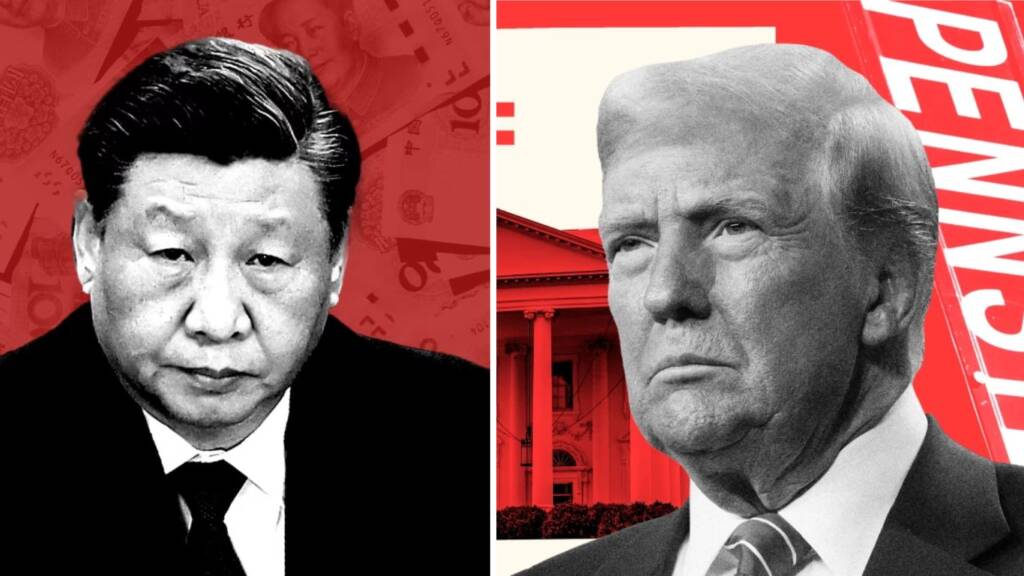On February 4, China retaliated to the latest US tariffs with broad economic measures, escalating tensions between the two countries. The new Chinese tariffs impose a 15% tax on certain types of coal and liquefied natural gas, along with a 10% tariff on crude oil, agricultural machinery, large-displacement cars, and pickup trucks. These measures take effect from February 10.
Beijing’s actions come as a response to the 10% tariff move imposed by the US on Chinese imports, which took effect this past week following an announcement from the White House.
President Trump imposed the tariffs as part of a broader trade policy that also targeted Canada and Mexico, linking them to issues such as illegal immigration and the fentanyl (a kind of drug) trade. Facing the harsh reality of a tariff war, Canada and Mexico quickly came to their knees in front of Trump and agreed to work more closely on border control. Both nations also agreed to cooperate on Drug control and jointly fight the cartels. The move ha been cited as an early success indication of Trump’s tariff war policy.
However, the Chinese Dragon has retaliated with an equivalent response, as Beijing seems ready to goe toe to toe with Trump in a tariff war.
China’ Stance
China it seems believes, that while smaller and dependant nation like Mexico and Canada, may have succumbed to the tariff war, however Beijing is a global competitor of the US, and has responded in a language which it feels Trump understands.
China’s Ministry of Commerce and Customs Administration also introduced new export controls on more than two dozen metal products and related technologies. Among these are tungsten, a key mineral used in industrial and defence applications, and tellurium, which is used in solar cell production. According to US government estimates, China dominates the global tungsten market, supplying over 80% of the world’s tungsten concentrates.
China also placed American biotech firm Illumina and fashion retailer PVH Group on its unreliable entities list. Authorities stated that these companies had violated normal market trading principles. Meanwhile, China’s State Administration for Market Regulation launched an antitrust investigation into Google, citing possible anti-competitive behaviour.
Read Also: Trade war begins: Trump to levy 25% tariffs on Mexico and Canada
Beijing’s actions come in response to a 10% tariff imposed by the US on Chinese imports. In a statement, China’s commerce ministry criticized the US tariffs, calling them a violation of multilateral trade rules and a threat to global supply chain stability. The ministry confirmed that China has filed a complaint with the World Trade Organization (WTO) and is prepared to take further countermeasures.
The new Chinese measures could begin a fresh trade conflict between the two economic powers. Although, Trump has expressed a willingness to negotiate with Chinese President Xi Jinping, but no official confirmation of a call has been made.
The effects of this escalating trade war between the two biggest economic powers will hit both the consumers and the respective companies.
Despite rising tensions, a protracted trade war is something the global economy does not need at the moment. China has diversified its economy and trade partnerships since the previous trade conflict during Trump’s first term. However, its export-driven economy faces slowing growth and other challenges. On the other hand the US market will also have to grapple as Chinese goods flood the US market and finding alternatives at the same cost will prove a tough ask, in turn raising the prices of everyday goods for the common man.
The coming weeks now will determine whether the two sides can quickly reach an amicable agreement, or the dispute threatens to escalate into a full blown trade war.
